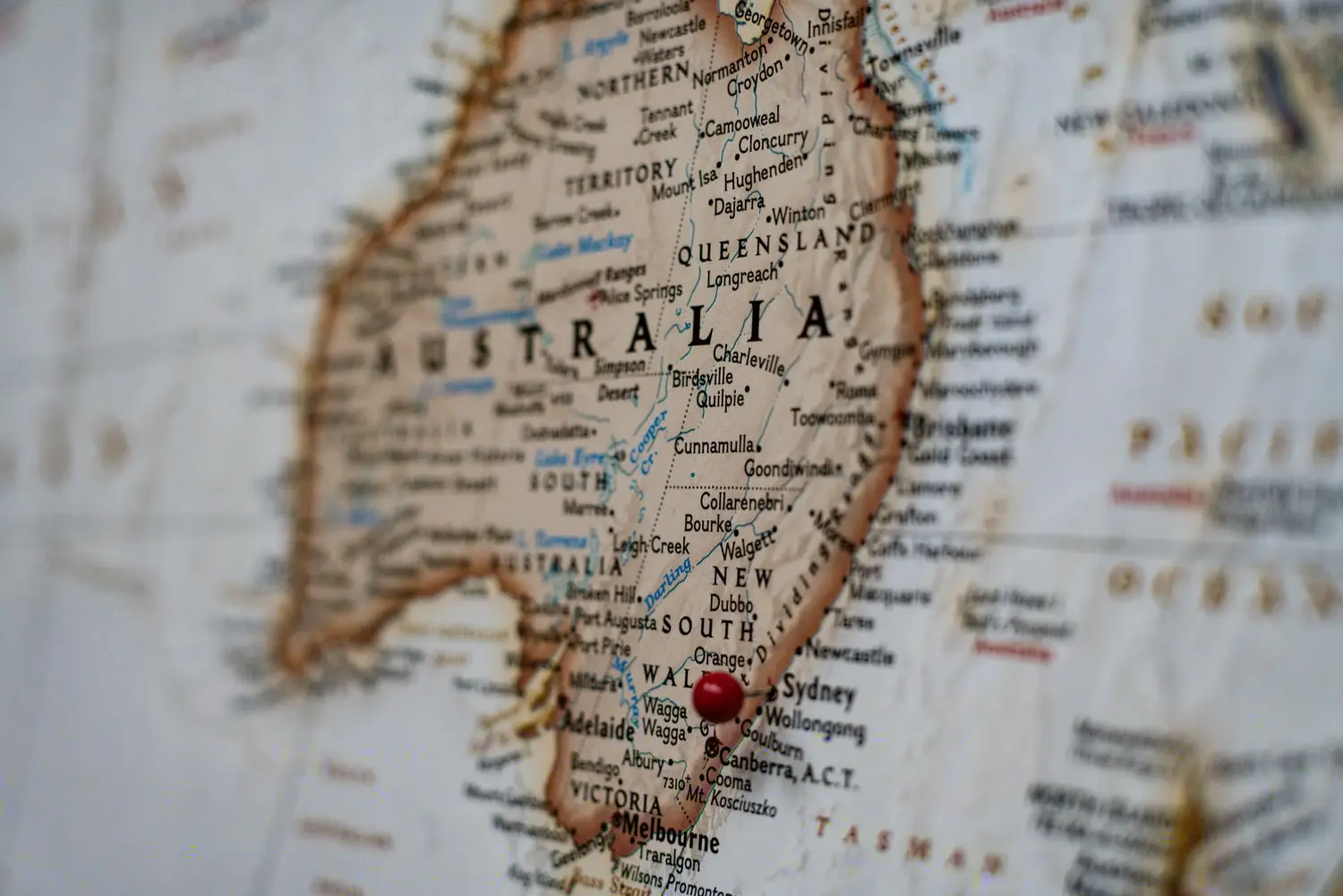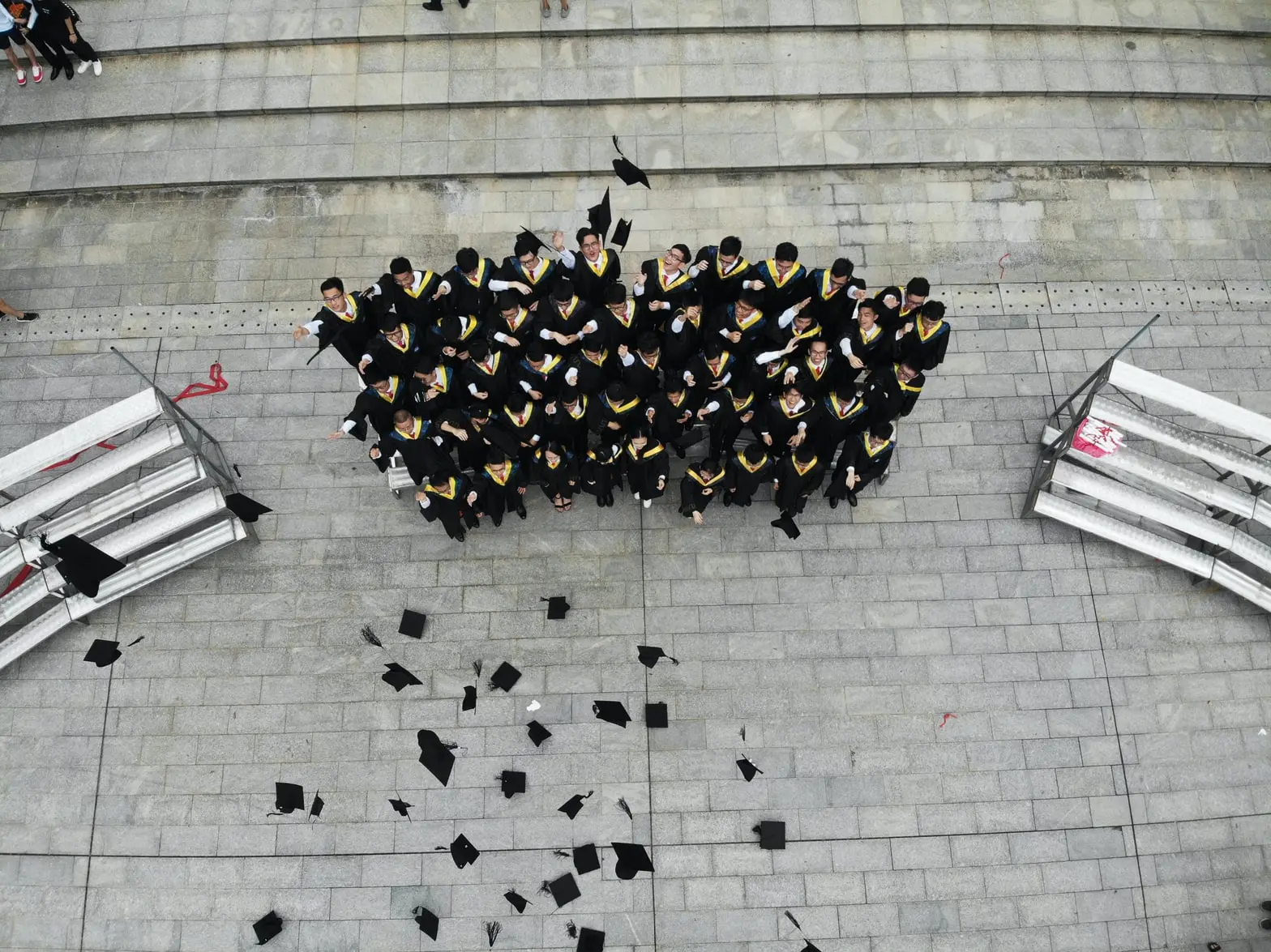FAQ’s
1- What is the Minimum Point Requirements for Permanent Visa?
Australian Immigration System is based on points testing and awarded for different factors. The applicant needs to obtain minimum 65 points (currently benchmark) and this can increase or decrease as per the economic indicator and demand of the specific occupation.
2- What are applicants awarded points for?
You will be awarded points for:
- Age
- English language ability
- Overseas or/and Australian skilled employment
- Qualifications
- Australian Study
- Study in regional Australia/low population growth metropolitan areas
- Partner skills
- State/territory sponsorship (for State Sponsored Skilled Migrant visa applicants)
- Fluency in one of Australia’s Community language (other than English)
If you achieve a score below the pass mark then your application will be refused.
3- What is a minimum qualification requirement in order to apply for Australian PR visa?
It depends upon the occupation/category you are applying for. Most of the occupation requirement is qualification equivalent to Australian Bachelor’s Degree.
4- What is the age criterion and points for Australian PR visa?
Any person from the age of 18 to 49 can apply for Australian PR visa and between 18 to 45 years of age you can get points of age as well.
5- Will my children be included in my visa application?
If they are still dependent on you, they will be included in your visa application. Married/ Independent children won’t qualify under your visa.
6- Do I need to take IELTS or other English Proficiency Exam in PR visa?
YES, Applicants are required to show that they have the required English language proficiency for the visa they are applying for, or be exempt. In addition to achieving the required International English Language Test Score (IELTS) applicants can show that they meet the English language criteria by:
- Obtaining a score of at least ‘B’ in each component of the Occupational English Test (OET)
- Holding a passport for the United Kingdom, the United States of America, Canada, the Republic of Ireland or New Zealand
From 23 November 2014, the department will accept test scores from two additional tests to IELTS across the Temporary Graduate, Skilled, Former Resident and Work and Holiday programmes. These are the Test of English as a Foreign Language internet-based test (TOEFL iBT) and the Pearson Test of English (PTE) Academic. The department will also accept scores from the Cambridge English: Advanced (CAE) test undertaken from 1 January 2015.
7- How long will it take to process my migration application?
This all depends on the specific visa class and subclass. Generally the timelines vary from 6 months to 12 months subject to meeting all requirements and most importantly character checks.
8- What do I do if my circumstances change during the processing of my visa application?
You have an obligation to notify the Department of Immigration in writing if any of the information that is included in or with your application form (or provided later in support of your application) changes. This obligation applies whether you are in Australia or overseas. If your application was made in Australia your obligation applies only to changes in circumstances before the visa is granted. If your application was made outside Australia, the obligation to advice of changes of circumstances continues after the grant of the visa.
9- Can I apply for more than one visa at a time?
Nothing prevents you from applying for more than one visa at a time. You will need to comply, in respect of each application, with all the requirements for the making of applications. This will usually involve you paying a separate visa fee for each application for main and any dependent applicants.
10- Can the immigration authorities refuse my application?
YES, surprisingly large number of applicants are unaware how strictly the immigration regulations are enforced and are often unnecessarily refused or delayed due to technical errors on their application or by submitting the erroneous supporting documentation. So the moral of the story is to consider seeking the professional guidance and independent advice of a Registered Migration Consultant (MARA) before lodging an application. Migration Consultant will to help you to find the best way through the immigration maze and are highly effective in doing so.
11- Can I submit my visa application myself without MARA Agent assistance?
YES, you can definitely apply your visa application yourself but people will not represent themselves in a court of law without an appointed advocate and lawyer who knows the law intimately and can best put their case to the judge and jury utilizing their skills, experience and knowledge to the advantage of the client. The same applies in migration cases. MARA Consultants know the law, the complexities and criteria applicable to presenting an immigration application and they know how to best compile, prepare and present your case to the Department of Immigration. You can also take professional assistance of Migration Consultant for finalizing of your case but representation can be done by yourself in order to save the professional fee.
12- How do I know my chances of being granted a migrant visa to Australia?
We, being an authorized/registered Migration Agent carefully assess client’s background in a preliminary assessment before accepting your case. We will let you know all pros and cons of your case profile. We only represent clients who we reasonably believe are successful in their application for migration to Australia.
13- Will the Immigration Department contact me directly even after taking MARA Authorized Consultant?
NO, once you started taking representation of MARA Consultant then he/she will be in direct contact with the Department of Immigration for all correspondence regarding your visa application and he/she will further convey the correspondence received from Immigration department to you. MARA Consultant will play the best mediator role between the client and the authorities and understands the requirement as it is their regular work.
14- Do I need to show funds in my Immigration application?
Generally NO, but it depends upon the visa sub class you are applying for.
15- Can I visit Australia while my migration application is being processed?
YES. But you will need to meet the requirements for that class of visa, which may include the requirement that you only intend a holiday or short visit. Visitor visas are not intended to provide residence in Australia for migration applicants awaiting the outcome of their application.
16- If I am approved, how long do I have before I must travel to Australia?
The initial entry date (stated on your visa) is the date by which you must travel to Australia on your visa. This date is calculated based on the validity of your health and character clearances. These clearances are usually only valid for 3 to 9 months. If you (and any members of your family included in your application) do not enter Australia by the initial entry date, you will breached a condition of your visa and consideration will be given to cancelling your visa.
17- Can I work / study in Australia while on visit visa?
You cannot work while you are on visit visa. However, you can study upto 3 months and this could include any short course pertaining to English or some other field which u may like to study.
18- Can my partner work in Australia?
In most cases YES. Only Occupational Trainee and Student visas do not allow spouses/partners to have full work rights. You will be informed of your work rights at the time of visa grant
19- Do I have to send original documents with my application?
In some Immigration applications you need to provide original documents and generally for temporary residence applications you only need to send photocopies of originals. Generally Certified/Notarized documents are acceptable by the authorities.
20- Can I go to Australia and wait while my application is processed and then have my visa granted in Australia?
NO, by law you must be outside of Australia at the time of visa grant unless you have applied any application onshore for any reason such as holder of student or any other visas.
21- Can I book my flight before my visa is granted?
We suggest that you wait until the visa is granted before you finalize your flight. If you book and pay for your flight and the visa is not granted then Immigration Department or we won’t be responsible for any costs incurred.
22- Do I need to have a medical or X-ray examination?
The need for a medical examination depends on the length of stay in Australia, your proposed occupation and which visa you are applying for. Immigration department generally request these once you have lodged an application.
23- Do I need to arrange another health examination if I have recently had one?
If you have completed a health examination in the last twelve months you may not need to undertake a fresh examination if the visa processing office can confirm the details, substance and date of the earlier reports.
24- Can I do the medical examination with my own doctor?
NO. Department of Immigration accepts a medical examination conducted by a panel doctor approved by the Australian Government.
25- Will I need health insurance for skilled migration to Australia?
We will advise you to get health insurance when you are planning to migrate to Australia but that will too depend upon your visa subclass as in some cases Government Medicare facility is available.
26- I want to accompany my de facto spouse to accompany me to Australia. What type of evidence I need to provide for us to establish that we are in a de facto relationship?
Proof of a committed relationship i.e. that you have been living together for at least the last 12 months. For example you could provide joint bank statement, tenancy agreement together, joint bills, mortgage, and statements from yourself or family and friend detailing your relationship.
27- I am already in Australia. Can you give me advice concerning my visa?
YES! If you are in Australia, we can advise you on any migration matters, including helping you to:
- Extend your current visa
- Aus student visa extension
- Apply for a different visa as eligible
- Become a Temporary or Permanent Resident of Australia
- Become an Australian Citizen
- Study permit extension requirements
- Communicate with the Department of Immigration and Border Protection
- Visitor Visa renewal for Parents
- Temporary Graduate Visa Extension
- Deal with the cancellation of your visa
- Appeal / Review of your case to Migration or Refugee Review Tribunal
- Ministerial Intervention
28- Does the visa application cover my spouse and children?
If you are the principal applicant, the visa application can include your family. If this is the case, only you need to satisfy the main criteria. The family unit can include your husband/wife, dependent children and other dependants such as aged parents. Dependent children are usually under the age of 18, but older children may still be considered as dependent if you prove them to be wholly and substantially reliant on your financial, food, shelter and other support and prove that they are more reliant on you than on any other person.
29- Am I guaranteed an Australian General Skilled Migrant Visa?
NO. The success of your application will depend on how well you meet the criteria for this Australia migration category. Unfortunately, there is No Guarantee of anything in the life
30- Are there nationality restrictions?
NO. Anyone can apply for skilled migration to Australia.
31- Can I apply while in Australia?
YES, you can apply for the Australia skilled migration visa onshore or offshore as per your individual circumstances and for that we recommend you to consult with the migration consultant.
32- If I go to Australia on a tourist visa and am granted a Skilled Migrant Visa, do I have to leave the country to validate my new visa?
Generally YES you have to leave the country if the visa applied while you were offshore. But you can discuss your case with the Migration Consultant and Department of Immigration for any possible solution.
33- What work and study rights will my family members have in Australia?
Your family members will have the same rights as you do in Australia on the General Skilled Migrant Visa. In other visa categories, study or working rights can be different.
34- Who is considered a dependant?
A dependant is a member of the family unit of the Australian Visa applicant. This may include the spouse/ partner of the applicant, any dependent children (under 18 years of age) or some other dependent relative. You may include other relatives in your application if they are wholly or substantially reliant on you for financial support for their basic needs of food, shelter and clothing and they have been reliant on you for that support for a substantial period. They must also be more reliant on you than on any other person or source. A relative may be considered dependent on you if they have a mental or physical disability that prevents them from earning a living to support themselves e.g. an aged unmarried relative.
35- Are there nationality restrictions?
Once you are a legal resident of Australia you will be entitled to bring your parents to Australia temporarily or permanently.
36- What are the requirements to bring my pet to Australia?
All animals entering Australia require an import permit, issued by AQIS. To obtain an import permit, an application to import your pet must be completed. Your application must include your pet’s microchip number. An import permit will be returned to you.
37- Can I get a refund if I change my mind?
Once your application has been successfully submitted, you will not be able to receive a refund of the application charge.
38- Can I buy property in Australia?
YES, however in the case of buying a second-hand property you are advised to consult a solicitor to make sure there are no problems with the property. As a first time buyer in Australia you are entitled to a first time buyers’ grant. Our Business / Mortgage Service Unit can assist you in this matter if you wish to avail this facility from our side.
39- How soon can I become an Australian citizen?
After 4 years as a permanent resident of Australia you can apply to become a citizen of Australia. The Australian Government allows for dual nationality, so you may be able to retain your current passport and jointly hold an Australian passport. Please check with the rules of your own country to ensure they also allow dual nationality.
40- How can I live permanently in Australia under the General Skilled migration scheme?
There are five types of categories under which you can apply for skilled migration to Australia:
- Independent migrants: for those who meet the basic requirements and who are not sponsored.
- Sponsored: for those who may not be able to meet the pass mark of the Points test but are seeking to be nominated by a State and Territory Government or an employer.
- Designate Area sponsored: for those who have a sponsor who lives in a designated area.
- Australian sponsored: for those who have a sponsor who lives outside a designated area.
- Employer Sponsored: for those who have got an Australian company / firm and willing to sponsor you.
41- How long will processing of my Partner visa application take?
The current expected processing time for Partner Migration at the Australian Embassy is at least 6-12 months from the date you lodged your application – for most cases. Note that actual processing times will vary due to a variety of factors, and more complex cases which require an interview or referral of documents in relation to health and character requirements will take much longer and often more than 12 months.
42- Do I need to present myself at the immigration office for the interview?
Usually, interview takes place over telephone and that too without prior information.



